July 31, 1932 – The grand opening of Cleveland’s Municipal Stadium took place. The Cleveland Indians christened their new home, in front of more than 76,000 fans. However, the Tribe lost the first game in their new confines, 1-0 to the Philadelphia A’s.
The venue served the franchise as their home from 1932 through the 1993 season. It was also the home to the NFL’s Cleveland Browns and even the Cleveland Rams from 1935 through 1945. Cleveland Stadium, commonly known as Municipal Stadium, Lakefront Stadium was built in the downtown portion of the City near the Lake Erie WaterFront.
Before 1932 the Indians played their games at nearby League Park. In fact from 1932 to 1946 their home games were split between the two venues. In 1994 the Cleveland AL franchise moved into nearby Jacobs Field, which is now called Progressive Field.
To find more great daily sports history make sure to check out the Sports Jersey Dispatch and Pigskin Dispatch.
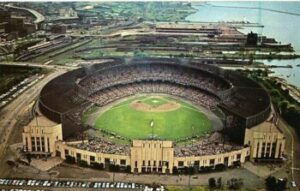
More From Sports History Network
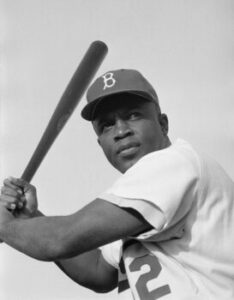
Sports History On This Day: April 10
April 10, 1947 – Major Historic Sports Event Here! Jackie Robinson, famously put his name in ink
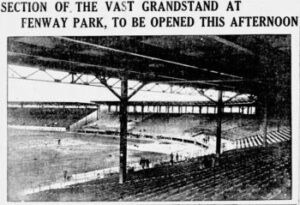
Sports History On This Day: April 9
April 9, 1912 – The legendary Fenway Park has what many consider the first somewhat
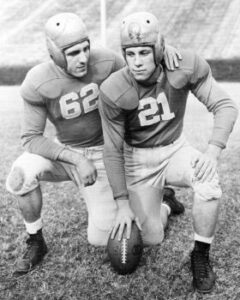
Sports History On This Day: April 8
April 8 NFL Drafts We have had a few NFL Drafts take place on
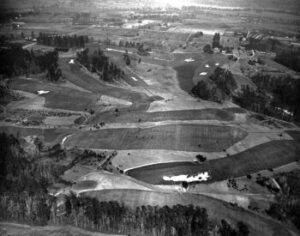
Sports History On This Day: April 7
April 7, 1946 – In the first Masters Tournament played in over 4 years, American

Pennsylvania High School Football History (A Flash Back In Time)
This week I speak to the founder and primary contributor of PAFBHISTORY.COM, a website dedicated to
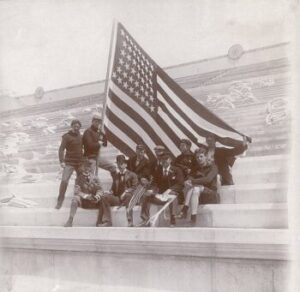
Sports History On This Day: April 6
April 6, 1896 – The First modern-era Olympic Games have opening ceremonies not far from

St. Louis Cardinals: My Secret “2nd Favorite Team” Growing Up
Most of us who follow sports have a favorite team. In baseball, my favorite
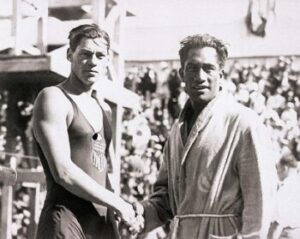
Sports History On This Day: April 5
April 5, 1927 – American champion swimmer, Johnny Weissmuller set a couple of records in